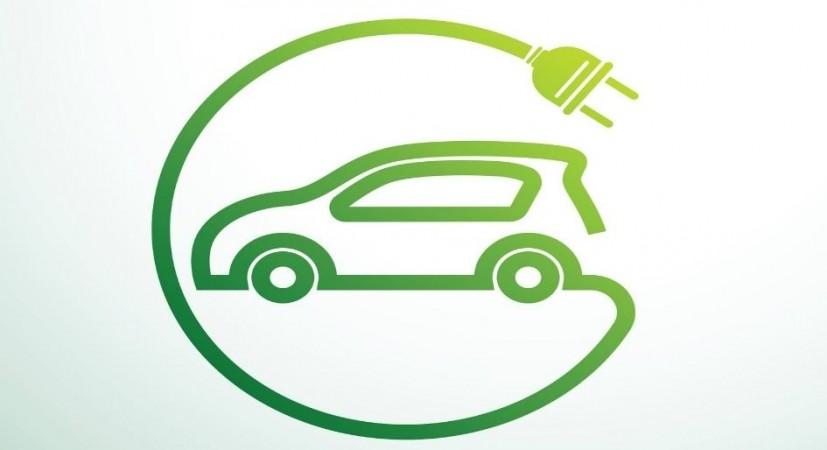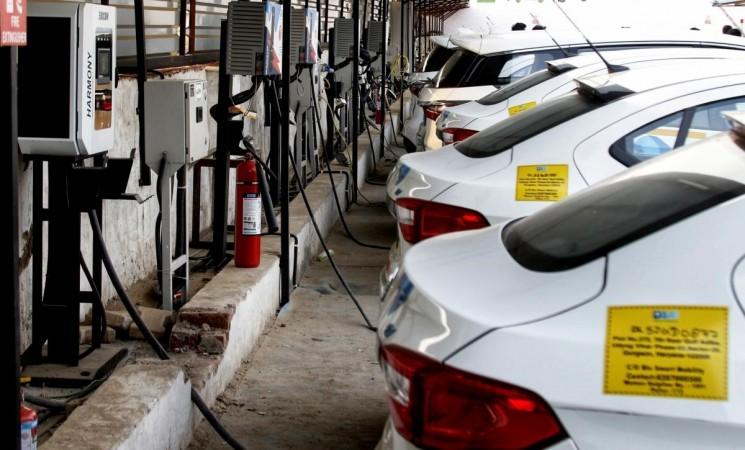Centre to launch new EV testing facility in Bengaluru on Thursday

In a strategic move to expand electric vehicle (EV) battery and charger testing in South India, the Union government on Wednesday said it will launch a new testing facility in Bengaluru, Karnataka.
Pralhad Venkatesh Joshi, Union Minister of New and Renewable Energy, will lay the foundation stone for the EV testing facility of the national test house (NTH) at the facility at the RRSL Jakkuru campus in Bengaluru on Thursday.
The NTH, under the Department of Consumer Affairs, is a premier scientific organisation at the forefront of testing and quality assurance across multiple fields.
The new cutting-edge testing facility will enhance the burgeoning EV ecosystem, providing critical support to the industry while contributing to broader environmental sustainability goals and innovation in automotive technology. It will also introduce testing facilities in emerging sectors like EV battery and charger testing.
The state-of-the-art laboratory will be equipped to perform various tests, “including electrical safety, EMC/EMF, FCC/ISED compliance, functional safety, durability (life cycle), climate resistance (IP tests, UV radiation, corrosion), and mechanical and material testing (flammability, glow wire)”, the ministry said.

This facility will be a significant boon to southern India’s EV manufacturers, aiding in the industry’s development.
It also marks a pivotal step in strengthening India’s infrastructure for EVs, aligning with the nation’s commitment to sustainable and green energy solutions.
The lab will also serve as a comprehensive centre for testing battery efficiency, safety standards, and performance metrics, ensuring vehicles meet stringent quality requirements before reaching consumers.
Meanwhile, the number of public battery electric vehicle (BEV) charging stations in India has significantly expanded from 1,800 in February 2022 to 16,347 in March this year, marking nearly a nine-fold increase, as per a recent report by global advisory firm Forvis Mazars
It showed that the EV infrastructure market in the country is witnessing unprecedented growth.
EV sales in India tripled in the last fiscal year, particularly in the two-wheeler (2W) and three-wheeler (3W) segments. And by 2030, India is projected to have around 50 million EVs on its roads, with a market size expected to reach $48.6 billion.
(With inputs from IANS)
